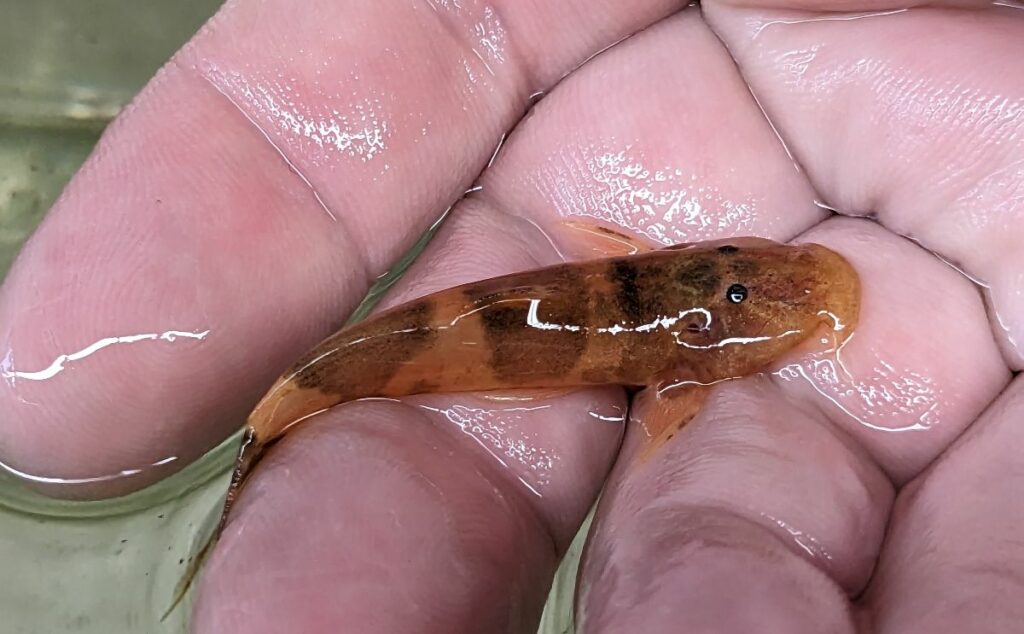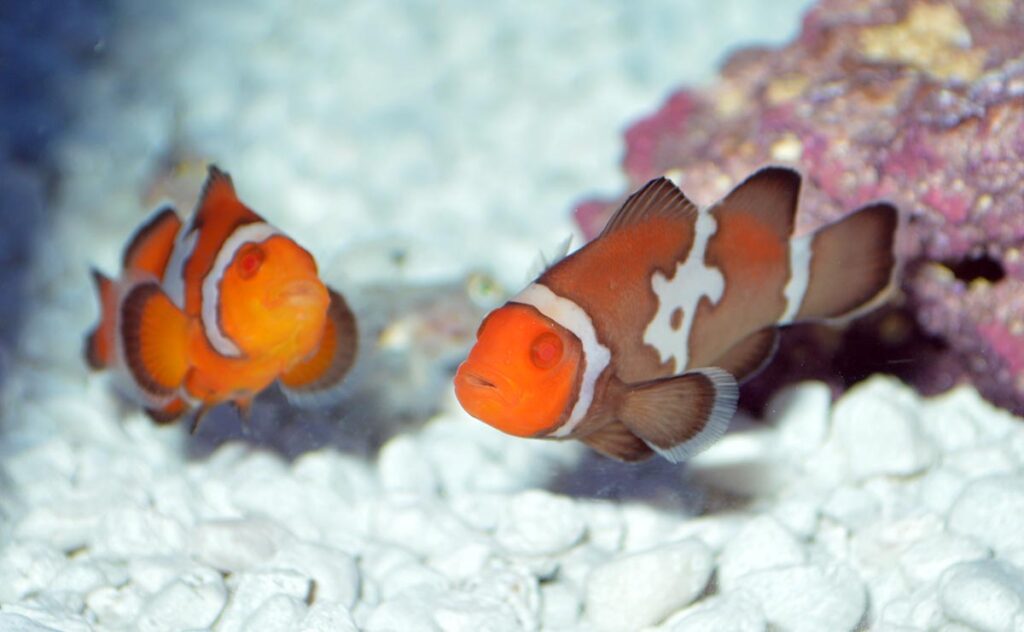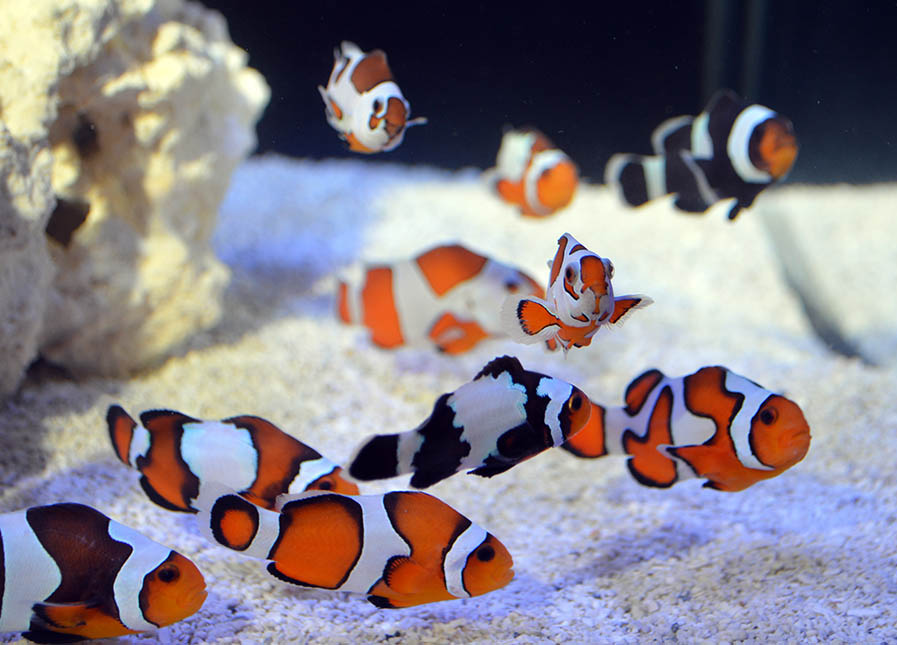
UPDATE: FWC announced that it will reevaluate these proposals for the state of Florida. However, in the same week, similar proposals have once again been submitted at the federal level!
Florida’s pet trade and pet owners are facing a full-on assault on their ability to keep, culture, and sell the vast majority of organisms that currently make up the pet trade. In short, Florida Fish and Wildlife Conservation Commission (FWC) is proposing two variations on a strict whitelist approach to pet trade regulation in the name of preventing future invasive species problems. These proposals may restrict the total amount of species across all subsets of the pet hobby to as few as perhaps only 200 total species across the entirety of the pet trade.
Meanwhile, pet trade members argue that these are industry-killing proposals and that the existing blacklist regulations that are already in place are more than sufficient. In addition to vocal opposition from the pet trade, individuals from the scientific, academic, and institutional fields have all spoken out directly to FWC in opposition to these proposals, advocating instead for the proven blacklist approach (which bars only specific, targeted species) as shown in the video below.

Concerns regarding FWC overreach and problematic FWC enforcement actions have been ramped up due to walkbacks on promises of pets being grandfathered in under previous new regulations, and species misidentification, resulting in incidents such as the recent case where FWC agents killed 30 privately-owned snakes of disputed legality, save one which all parties agree was a pet that was completely legal to own.
These FWC proposals are reminiscent of the prior nationwide trade prohibitions that we’ve reported on (see Lacey Act in 2022, Heros Act in 2020). Despite over a year of direct collaboration with the FWC, it appears that none of the trade’s concerns are being heard or taken into account.

Most outreach for commentary and interest has been targeted toward Florida residents in the past few weeks, but we need to realize that the footprint of Florida’s import and aquaculture businesses is massive within the aquarium trade. Losing these businesses would represent a significant loss to the aquarium hobby and industry, not to mention a vast number of job losses within the state. The state’s tropical fish farms alone were recently recognized as having a 172-million-dollar contribution to Florida’s economy in 2021.
Now, we share a summary of the issue from USARK, and an urgent call for attention from one of Florida’s large aquarium fish farms and wholesalers, Nautilus Tropical Fish Wholesale.
“Briefly, at the last Commission meeting, Chairman Barreto gave a directive to staff (without conducting due process through a formal motion and vote) to ban the importation of any species that is not currently in trade in Florida. However, Staff turned this unofficial directive into two “interpretations” during the April Technical Assistance Group (TAG) meeting. USARK FL, USARK, and some responsible Florida business owners are on this TAG, along with several other members from various NGOs and fields. These “interpretations” have now become “options” that will be proposed on May 11 at the Commission meeting. To the dismay of Florida businesses and some others on the TAG, only these two options will be offered and not any other alternative although TAG members have suggested an alternative approach.
“We encourage every Florida animal owner to email the Commissioners regarding the “whitelist” proposal that will be heard during the May 11 Commission meeting. Comments must be submitted by 5:00 on Friday, May 5. Please remember to be civil and professional, but feel free to make your concerns known. [USARK offers several talking points here]
“Submit your comments here: https://myfwc.wufoo.com/forms/s1g2xh6f009a30i/“

Viewpoint via Nautilus Tropical Fish Wholesale, Plant City, Florida
May 4th, 2023
Hey Folks,
Hope it’s not too much hassle for y’all to get one more email from me than usual. I’m normally pretty strict about not sending you extra stuff, but we’re in crisis mode here in Florida and the deadline to comment is tomorrow end of day [Friday, May 5th, 2023].
Ornamental fish in Florida fall under both our Division of Aquaculture and our Fish and Wildlife Conservation Commission (FWC). Conservation in the name is quite the joke, considering that every single one of our commissioners is a land developer, and their only qualification to be on the commission is that they’ve donated somewhere around half a million dollars per election cycle. Our current chair is on a mission to be in the press a lot, possibly with hopes of ending up in the DeSantis administration in Washington. He’s found invasive species to be a hot topic, and FWC staff has been thrilled with the opportunity to move forward with a whitelist for the Florida pet trade.
FWC will be presenting two options to our commissioners. One of them will shut down trade overnight; no trade in species that haven’t been through a risk assessment. This would allow for around 200 species to remain in trade, out of roughly 30,000 species in trade. That’s not 200 fish species, that’s 200 fish, amphibians, reptiles, birds, mammals, and inverts. Everything else goes away unless those species get a risk assessment, at the price tag of ~$10,000 each, and a timeframe of six to twelve months.
The second option is that we get to keep selling species that are already in trade but no new species without a risk analysis. This sounds reasonable on the surface, but it’s just as likely to impact the Florida pet trade. ‘Species in trade’ will quickly change to ‘documented species in trade in significant numbers in the last year’ or something similar, so we’d end up losing most of the variety of imports that help drive sales for all of us. Even if we keep the common stuff there won’t be much available to differentiate your store from the box stores. Furthermore, even species in trade could still be prohibited if FWC felt like they posed a risk to Florida (but without any need to show proof, just based on how FWC feels). And most importantly, our industry has been lied to for years by FWC so there’s no reason to believe that something they say will be allowed now will still be allowed in the future.
The pet industry in Florida does recognize that it’s important to protect our environment and keep new species from becoming established in Florida. But we strongly feel that a whitelist is the wrong approach. We’ve pointed out that there is not a single new species found in Florida since our Best Management Practices were implemented, and that there has never been a conditional or prohibited species established in the state of Florida. A whitelist is trying to solve a problem that doesn’t exist anymore. Most of the introduced species in Florida have been here for decades, from a time when there wasn’t concern about exotic species. Here’s a summary video of our last mini TAG meeting where you can see that plenty of folks in industry are not just saying no to regulations but are instead pushing for more sensible and practical regulations.
Here’s what I need from you; please submit your comments to FWC ahead of the commission meeting. The deadline to submit comments is end of day tomorrow. You can submit your comments here. If you want some talking points, or more background information you can find plenty of that from USARK, and from Pet Advocacy Network, There’s also a petition to sign on the PAN site and if you can’t type up a quick note, or copy and paste some talking points than you can at the very least sign the petition.
Thanks for any help you can provide. Please share everywhere you can.
And for those of you in Florida, please do everything you can to be at the commission meeting next week [see item 10. A]. I expect the room to be full and you may not get to say much, but being there in numbers says a lot. Especially when there’s a lot of press there.
Joe Hiduke
Sales Manager
Nautilus
###
Watch The Recent TAG Meeting Summary Video from the April 27th, 2023 Meeting, Now





I urge you to consider the ramifications of losing a 172 million dollar industry in your state. I completely support the black list and agree that invasive species is a big concern. However , I feel that this bill is over reaching and will have a negative impact not only On the industry , but to Florida’s economy.
To whom it may concern,
A whitelist approach to regulating which species are legally allowed to be obtained and traded will decimate fish farms and pet stores. This is not a well thought out approach for combating invasive species release into ecosystems. Best Management Practices have already made inroads on preventing the release of foreign invader species. I suggest a review of those practices and amend them if they are deemed to be insufficient.
Sincerely,
Bryce David
Please sign this to support common sense rules in Florida. Ask Fish and Wildlife not to use an ill-advised whitelist of animals that can be kept. All you need to do is add your name to the following statement, “A viable option I support would be a list of prohibited species, which would be a much smaller, manageable and enforceable list than one that attempts to encompass all allowed species. ”
https://petadvocacy.org/advocacy-campaigns?vvsrc=%2FPetitions%2F3902%2FRespond
Greetings from Australia. We currently have a “whitelist” system with allowable species, or genus in some instances. We also had around 1000 species currently in the country before the legislation came into effect. If we want a species (no complete genus allowed anymore) added we have to complete a terms of reference, of 53 questions that need to be addressed. It then goes to individual states for comments. Eventually it gets to our environment minister for approval or rejection. Process has taken 18 months for current request. Better to haver a “blacklist” of species, not allowed in for invasiveness, disease carriers etc.